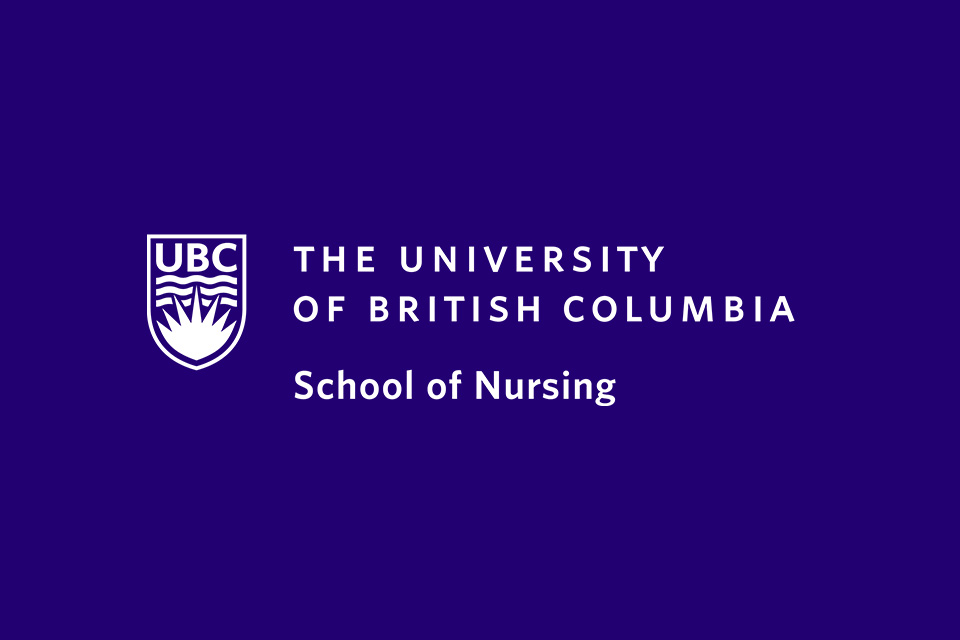
March 5, 2020
Dr. Martha Mackay is a clinical associate professor at the School of Nursing, St. Paul’s Heart Centre and the Centre for Health Evaluation and Outcome Sciences. Dr. Mackay divides her time between clinical and research roles. As the Clinical Nurse Specialist in Cardiology at St. Paul’s Heart Centre, her focus is on the interdisciplinary development, implementation and evaluation of new programs for patients with ischemic heart disease.
Her expertise has recently been featured by The Daily Scan in a discussion of Help for Sad Hearts, exploring the relationship between heart disease and depression. The article examines the concerning data around anxiety and depression among heart patients, stating that “symptoms of depression are about three times more common in patients after an acute heart attack than in the general population. Women are affected more than men. And inversely, adults with depression often develop heart disease.” Dr. Mackay explains how dangerous these statistics can be, stating that roughly a third of heart patients will experience depression at some point. That’s why Dr. Mackay along with research partner Dr. Quincy Young decided to start asking cardiac inpatients about their mental health. Together they have implemented a screening program to identify distress among cardiac patients: a two-question survey asking patient about their mood and anty anxiety they're experiencing.
Dr. Mackay has also been working alongside Neda Khoshnood Grant, and their research findings have been featured bythe Vancouver Coastal Health Research Institute in the recent article Getting to the Heart of a Protocol that Connects Cardiac Patients to Care Faster. They assessed statistical information on adults aged 30 and older who walked into VGH’s emergency department with chest pain and received an ECG. Their efforts and “the new triage process implemented at VGH reduced door-to-ECG wait time from a median of 40 minutes to a median of 10 minutes.” “We found that the success of VGH’s pre-registration ECG protocol had a lot to do with the education and awareness that was brought to the emergency department team by the Quality Council,” says Mackay. “It is a collaborative, cross-departmental effort that has seen dramatic results.”


